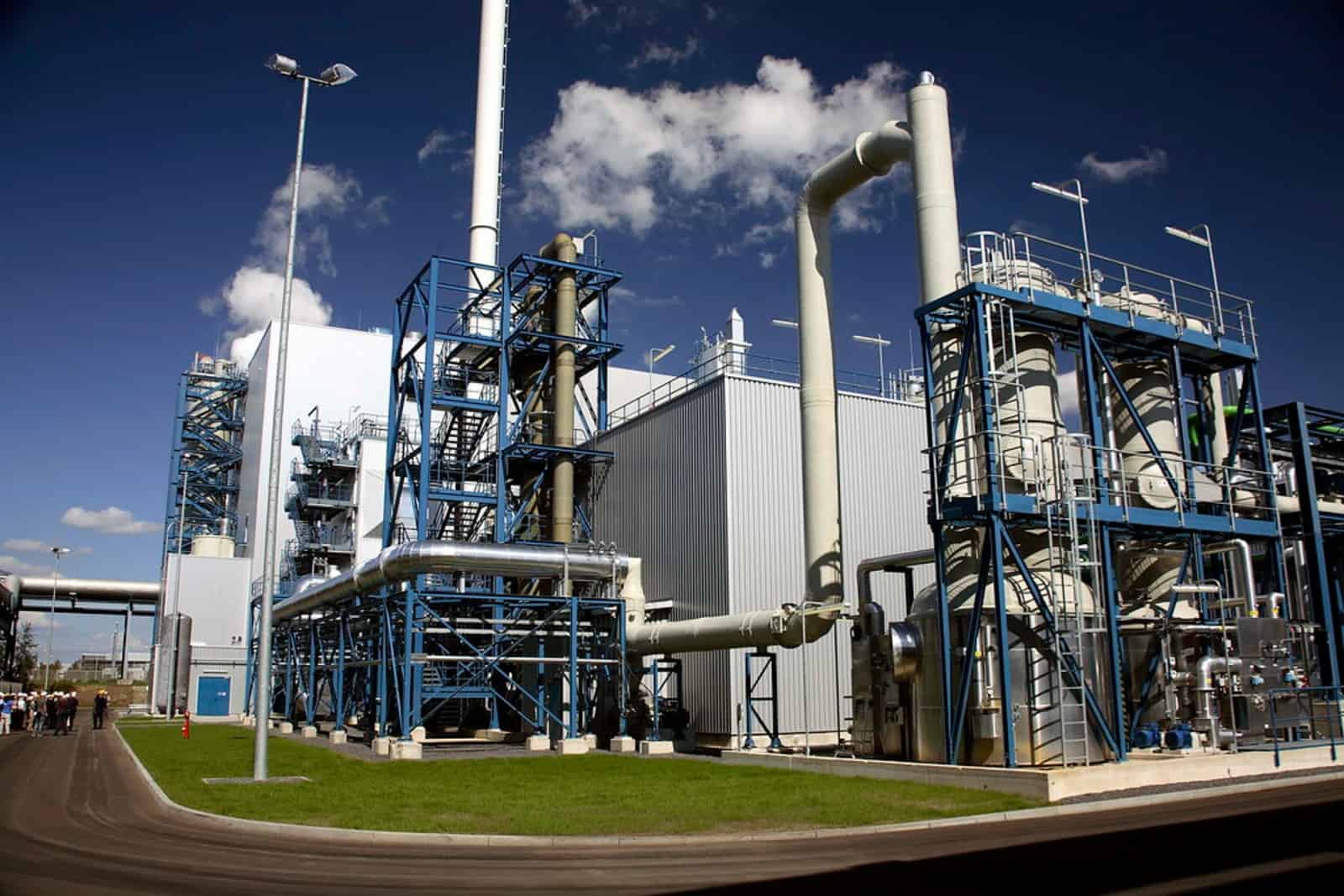Egypt will start a project in cooperation with the Italian company Eni to capture and store between 25,000 to 30,000 tonnes of carbon dioxide annually.
Egypt’s Minister of Petroleum & Mineral Resources, Tarek El Molla announced this and added that investment cost of the project is expected to be $25 million.
The Minister said the first project focuses on the extraction of algae oil to be used in biofuel production.
The annual production capacity of algae oil would be 350,000 tonnes and requires an investment of 600 million dollars.
It would contribute to the reduction of 1.2 million tonnes of carbon dioxide per year.
The second project is about the production of biodegradable plastics with a production capacity of 75,000 tonnes, with an investment of 600 million dollars.
The aim of the project is to reduce 45,000 tonnes of carbon dioxide per year.
Also, the third project is to convert plastic waste into oil to be used as a raw material in polyethylene production.
The annual production capacity of it will be 30,000 tonnes of oil and investments of 50 million dollars, and to reduce 63,000 tonnes of carbon dioxide.







